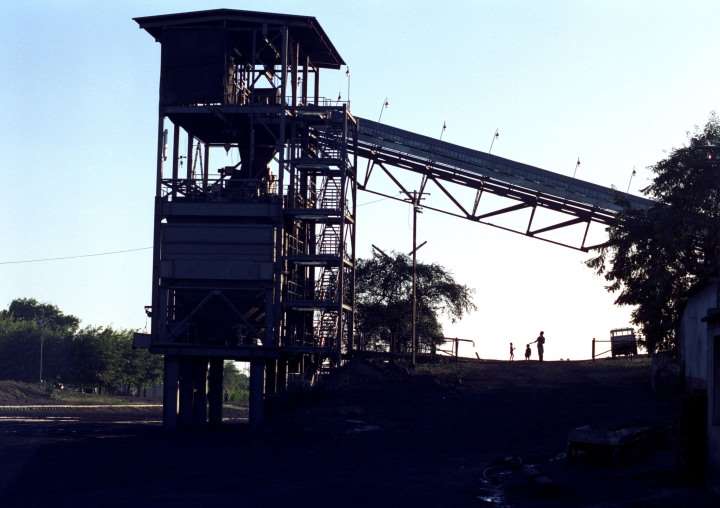Mozambique: South32 Announcement - Mozal update | Unabridged
Mozambique: Civil society lambasts mine law review process, accuses government of exclusion

File photo: Lusa
The Civil Society Platform on Natural Resources and Extractive Industry (PIE), a coalition of 26 Mozambican civil society organisations, today accused the government of “exclusion” in the mine law review process.
In a “public statement of repudiation”, the PIE says that the Mozambican executive only acknowledges the private sector as an interlocutor in the process of revising the law, and is only concerned with the interests of the state, which holds interests in various projects in the area.
“In fact, it seems that this revision aims exclusively at answering and accommodating the State’s concerns and interests, since it is a shareholder in some companies in the mining sector,” the civil society organizations platform says.
The PIE accuses government entities of “distancing and closure” regarding civil society proposals in the context of the mine law revision.
Among the issues raised by the platform is the alleged lack of information on the transfer or transmission of mining concession titles, a gap that makes it difficult to identify the companies involved and their respective inclusion in the reports of the Extractive Industry Transparency Initiative (EITI), a mechanism for assessing transparency in the sector.
Still regarding EITI, PIE deplores the fact that operators in the mining sector are not obliged to provide information to that mechanism under current legislation.
The platform also complains about the lack of clarity regarding the “average time” of the transfer to the communities of 2.75% of the revenue on production by the companies, and the “stagnation” in the process of creating a Higher Authority for the Extractive Industry.
The PIE also wants to see clarity in the allocation of licenses for the exploration and exploitation of oil and ores in areas of natural conservation or high biodiversity value.
The “insensitivity of the mining sector to gender issues, which must be corrected through elements which promote equality between men and women in accessing opportunities in the mining sector” is also a concern for civil society.
The revision of the mining law should also resolve the removal of communities from mining areas without a memorandum of understanding defining “fair compensation”.
The role of the National Institute of Mines (INAMI) should also be clarified, given that it was expected to have a role as a regulatory body in the sector, but has instead been focusing on the attribution of licenses.













Leave a Reply
Be the First to Comment!
You must be logged in to post a comment.
You must be logged in to post a comment.